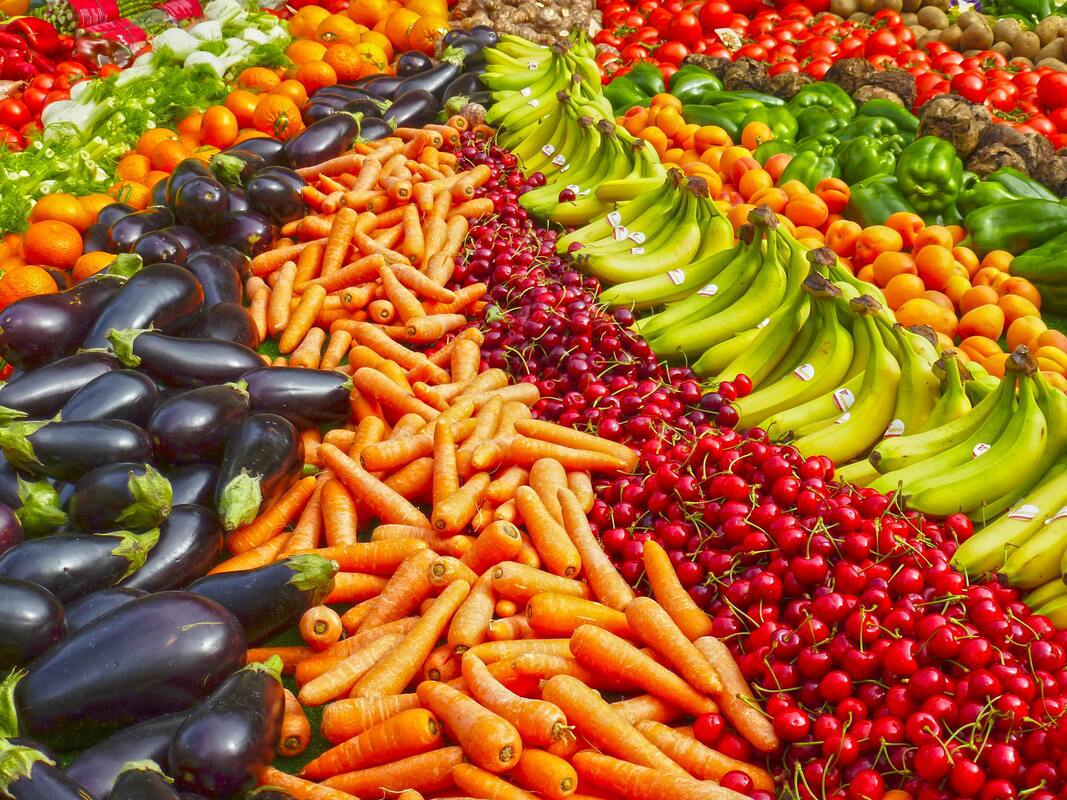|
In the recent article featured on Everyday Health, Dr. Luz Claudio, a professor of environmental medicine and public health at the Icahn School of Medicine at Mount Sinai in New York City, emphasizes the importance of advocating for safer agricultural practices. Dr. Claudio highlights the need to reduce exposure to harmful pesticides not only for consumers but also for farmworkers, ecosystems, wildlife, and beneficial insects. She points out that while guides like the Environmental Working Group's (EWG) Shopper's Guide to Pesticides in Produce can help individuals make informed choices about reducing pesticide exposure, especially when organic options are not affordable, it's crucial to address the root causes of pesticide use in agriculture.
Dr. Claudio advocates for adopting agricultural practices that minimize the use of synthetic chemicals and other potentially harmful farming methods, thereby mitigating collateral damage to the environment and human health. The article further discusses the EWG's 2024 Shopper's Guide to Pesticides in Produce, which lists the "Dirty Dozen" fruits and vegetables with the highest levels of pesticide residue. This year, nonorganic spinach, blueberries, strawberries, and green beans were among those highlighted for their high pesticide content. Government lab tests have found pesticides in a wide range of nonorganic produce, with nearly all nonorganic strawberries, spinach, grapes, peaches, and leafy greens like kale showing detectable levels of pesticides. The article notes that 95 percent of the samples of the "Dirty Dozen" contained pesticides, with kale, collards, and mustard greens having the most residue. Fungicides, which are often applied to prevent or remove fungus and keep produce mold-free during transit, were identified as some of the most frequently detected chemicals. The guide also presents the "Clean Fifteen," a list of nonorganic produce with little to no detected pesticides, encouraging consumers to prioritize these when organic options are not available or affordable. Among these are avocados, Papayas, Mushrooms and others. Despite the concerns over pesticide residue, the article underscores the importance of consuming a diet rich in fruits and vegetables. Dietitians cited in the article advise that the health benefits of eating a variety of produce far outweigh the risks associated with pesticide exposure. They recommend washing produce vigorously with water and using a baking soda or vinegar solution to help remove some pesticide residue. Peeling produce can also decrease chemical exposure, though it may also remove some nutrients. In summary, while the EWG's Shopper's Guide to Pesticides in Produce offers insights for reducing personal pesticide exposure, Dr. Luz Claudio's call to action reminds us of the broader need to advocate for and implement safer agricultural practices for the benefit of all.
0 Comments
Your comment will be posted after it is approved.
Leave a Reply. |
This section will not be visible in live published website. Below are your current settings: Current Number Of Columns are = 1 Expand Posts Area = 1 Gap/Space Between Posts = 10px Blog Post Style = simple Use of custom card colors instead of default colors = 1 Blog Post Card Background Color = current color Blog Post Card Shadow Color = current color Blog Post Card Border Color = current color Publish the website and visit your blog page to see the results Categories
All
Archives
April 2024
|
|
Dr. Luz Claudio
[email protected] |
|


 RSS Feed
RSS Feed